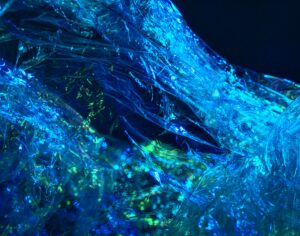09/08/2013
Up until 16th March 2013, the US had a “first to invent” patent system. This meant that if two inventors independently filed a patent application for the same invention, the inventor who could prove that he or she was the first to invent the idea would be granted the patent. For this reason, the careful keeping of laboratory notebooks, which are dated, signed and witnessed, has been good practice from a patent standpoint, as they provide an accurate record of who invented an idea and when.
As many readers will know, the US has now switched to a “first to file system”, so that it is the first inventor to file an application for a particular invention that will be granted a patent, not the first inventor to invent.
Does this mean that laboratory notebooks are now irrelevant from a patent standpoint?
The answer is no. It is still beneficial to maintain laboratory notebooks diligently in relation to patents. And you should not throw your old notebooks away either.
There are several good reasons to continue keeping an accurate record of inventive activity. The following are some examples:
- Inventorship disputes may still happen and there may be a need to establish who the actual inventors were in order to establish who is entitled to the patent rights.
- Under the new US rules, it is possible to discount as prior art a disclosure made up to a year before the filing of an application if the subject matter disclosed had, before such disclosure, been publicly disclosed by an inventor or another who obtained the subject matter disclosed directly or indirectly from an inventor. Accordingly, you may need to prove not only inventorship, but also the date and content of what an inventor disclosed and to whom it was disclosed.
- Existing applications may still be the subject of disputes under the old “first to invent system”.
- Notebooks may be helpful to your attorney for preparing a patent application or prosecuting a patent application.
So inventors should continue to maintain an accurate record of their work and have that record dated, signed and witnessed when possible, so that good quality evidence is available should it be needed.
This article is for general information only. Its content is not a statement of the law on any subject and does not constitute advice. Please contact Reddie & Grose LLP for advice before taking before any action in reliance on it.


